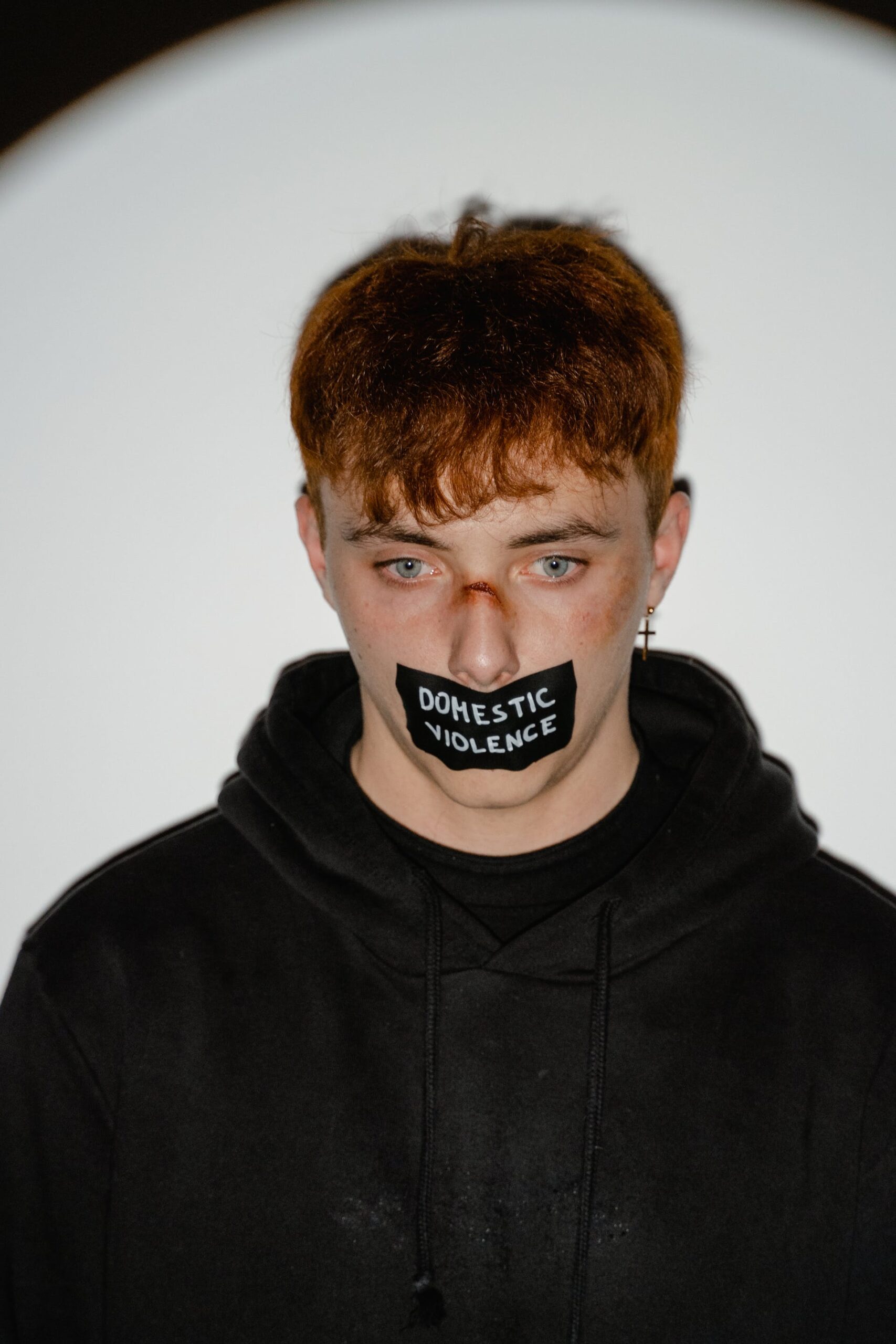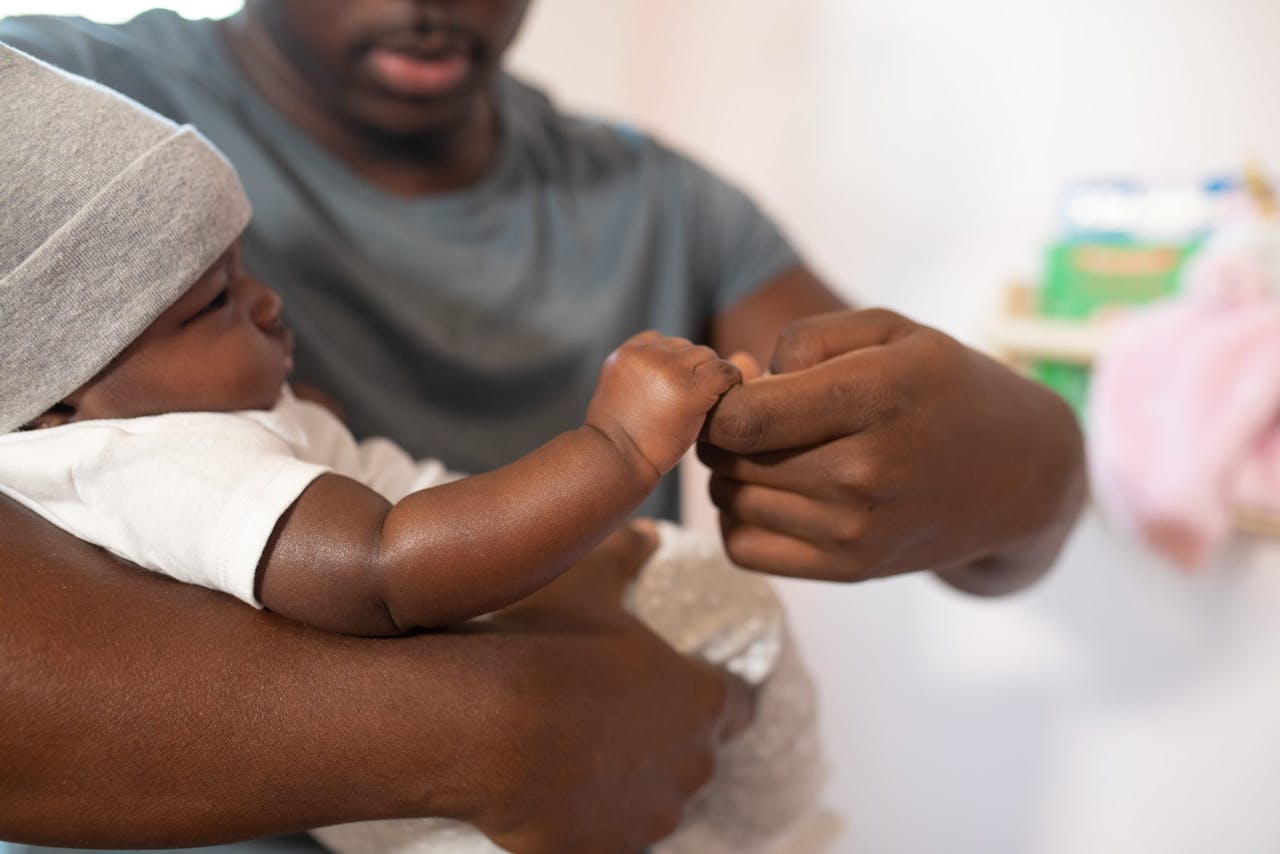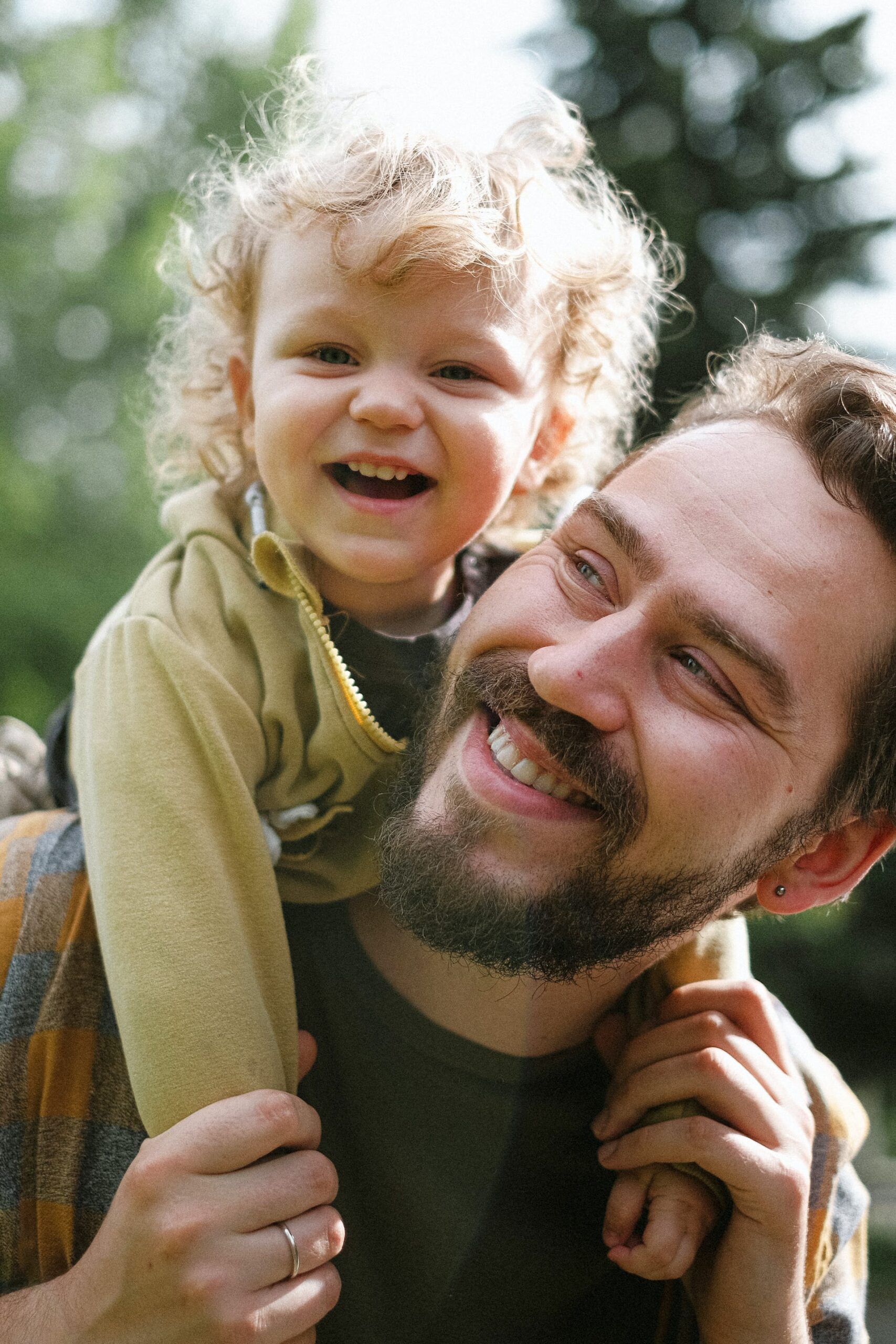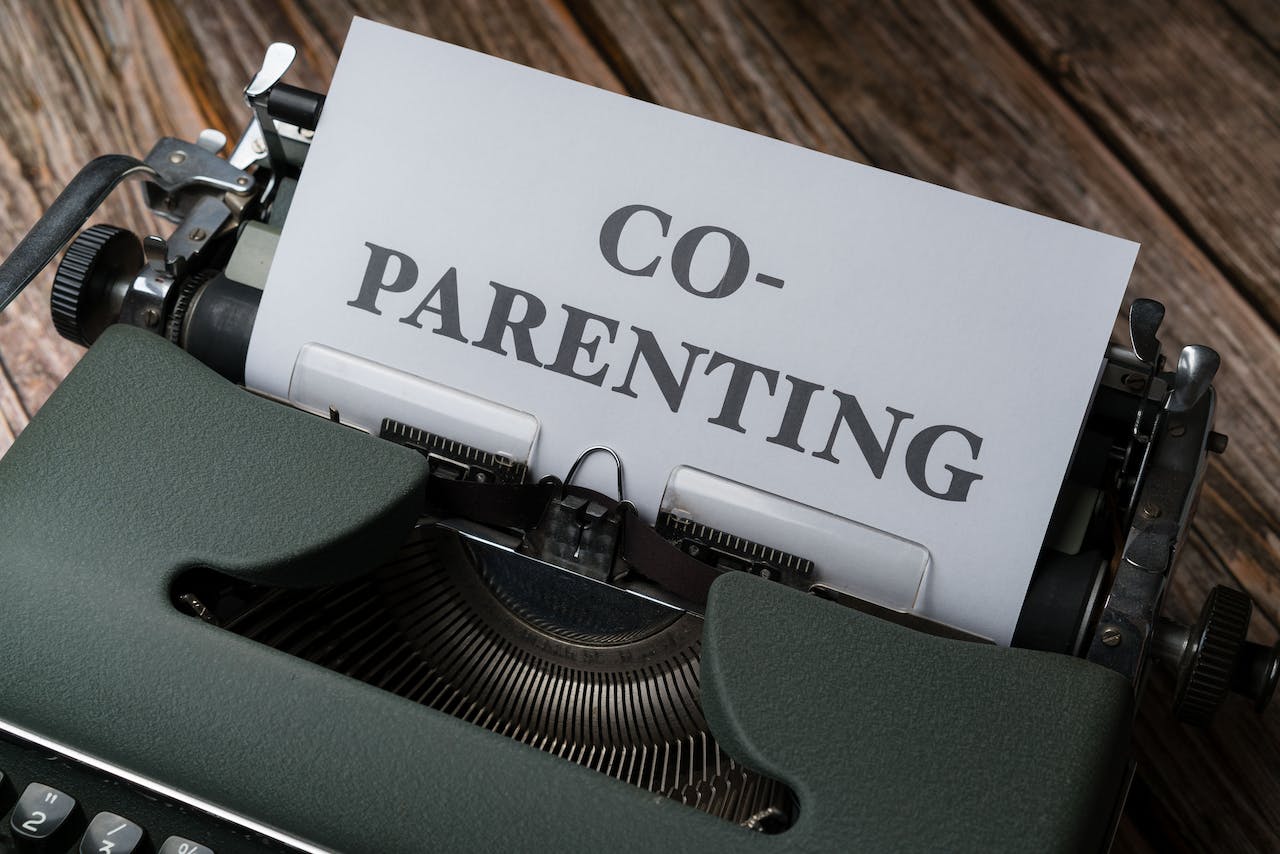Confronting Physical Abuse: Strategies and Support Systems Across Georgia’s Communities
Physical abuse, a grave, and pressing issue, affects individuals and families across Georgia’s diverse landscapes. Addressing physical abuse requires a nuanced understanding of its signs, legal implications, support systems, and prevention strategies. This guide aims to provide a holistic view of physical abuse, offering insights into recognizing abuse, legal avenues for protection, and resources available in various Georgian communities for those affected.
1. Recognizing Physical Abuse
- Definition and Indicators: Physical abuse involves any intentional act causing injury or trauma to another person through bodily contact. It can manifest in various forms, from bruises and scars to more subtle signs like fearfulness or sudden behavioral changes.
- Context and Prevalence: Understanding the prevalence of physical abuse in different settings, including homes, workplaces, and schools, is crucial for effective identification and intervention.
2. Legal Framework in Georgia
- State Laws and Protections: Georgia’s laws protect against physical abuse, including specific statutes that address domestic violence, child abuse, and elder abuse.
- Restraining Orders and Legal Recourse: Victims of physical abuse can seek restraining orders, also known as protective orders, which legally restrict the abuser from making contact.
3. Reporting and Legal Action
- Reporting Abuse: Encouraging timely reporting of physical abuse to authorities is crucial for ensuring the safety of victims and holding abusers accountable.
- Navigating the Legal System: Guidance through the legal system, including understanding the process of filing police reports and court procedures, is vital for victims.
4. Support Services and Resources
- Counseling and Rehabilitation: Counseling services, both for victims and perpetrators, play a critical role in recovery and preventing the recurrence of abuse.
- Shelters and Safe Havens: The availability of shelters and safe spaces across Georgia, from urban centers to rural areas, provides crucial support for those fleeing abuse.
5. Impact on Children and Families
- Child Welfare Services: Special attention to child victims of physical abuse includes intervention by child protective services and tailored counseling.
- Family Dynamics and Support: Addressing the impact of physical abuse on family dynamics and providing comprehensive support to affected families.
6. Community Awareness and Education
- Public Awareness Campaigns: Educating the public about the signs and consequences of physical abuse, and promoting a culture of non-violence and respect.
- Schools and Educational Programs: Implementing educational programs in schools to teach children about personal safety and healthy relationships.
7. Prevention Strategies
- Early Intervention: Focus on early intervention strategies, including conflict resolution training and stress management, to prevent the escalation of abusive behavior.
- Community Engagement: Involving community leaders and local organizations in efforts to raise awareness and prevent physical abuse.
8. Role of Healthcare Professionals
- Medical Evaluation and Documentation: Healthcare professionals play a crucial role in identifying physical abuse, documenting injuries, and providing necessary medical care.
- Referrals to Support Services: Guiding victims to appropriate support services and resources for further assistance and recovery.
9. Economic and Social Considerations
- Addressing Economic Strains: Recognizing and addressing economic factors that may contribute to the cycle of abuse, such as poverty and unemployment.
- Cultural Sensitivity: Approaching physical abuse with cultural sensitivity, understanding the diverse cultural backgrounds within Georgia’s communities.
10. Building Resilient Communities
- Fostering Resilience and Empowerment: Empowering victims of physical abuse through support networks and resources to build resilience and regain control over their lives.
- Collaborative Efforts: Strengthening collaborative efforts between law enforcement, social services, healthcare providers, and community organizations.
Conclusion
In Georgia, where the fabric of society is woven from varied cultural and social threads, the issue of physical abuse demands a comprehensive and empathetic approach. Understanding physical abuse, its signs, and its impact, alongside knowledge of legal protections and support systems, is crucial for effectively addressing this societal challenge. Our commitment at Barrett Partners Group extends to providing legal guidance, support, and advocacy for victims of physical abuse, ensuring they have access to the necessary resources and protection. Together, we can work towards creating safer, abuse-free environments for all individuals and families across Georgia’s vibrant and diverse communities.







